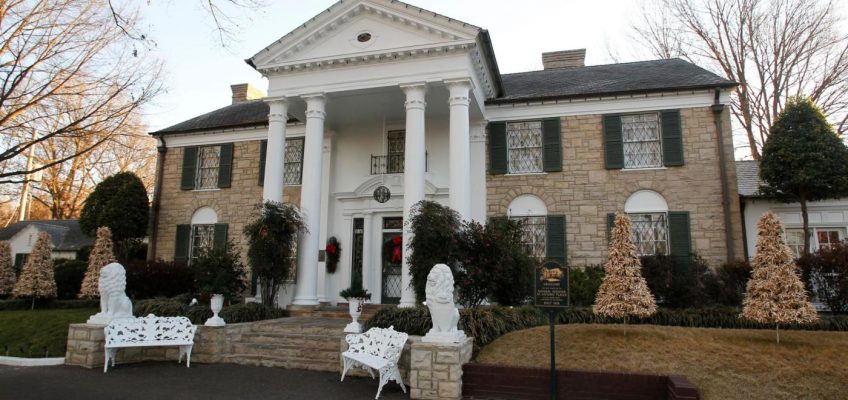By MIKE BALSAMO
NEW YORK (AP) — While close to 150 world leaders prepared to descend on Manhattan for the U.N. General Assembly, the U.S. Secret Service was quietly dismantling a massive hidden telecom network across the New York area — a system investigators say could have crippled cell towers, jammed 911 calls and flooded networks with chaos at the very moment the city was most vulnerable.
Related Articles
Trump cancels White House meeting with Schumer and Jeffries despite risk of a government shutdown
Watch live: Trump in speech to UN says world body ‘not even coming close to living up’ to its potential
Dr. Trump? The president reprises his COVID era, this time sharing unproven medical advice on autism
US and China are ‘talking past each other’ on key issues, says US lawmaker visiting Beijing
Trump to meet with Schumer and Jeffries as government shutdown risk looms
The cache, made up of more than 300 SIM servers packed with over 100,000 SIM cards and clustered within 35 miles of the United Nations, represents one of the most sweeping communications threats uncovered on U.S. soil. Investigators warn the system could have blacked out cellular service in a city that relies on it not only for daily life but for emergency response and counterterrorism.
Coming as foreign leaders filled midtown hotels and motorcades clogged Manhattan, officials say the takedown highlights a new frontier of risk: plots aimed at the invisible infrastructure that keeps a modern city connected.
A broader investigation led to this discovery
The network was uncovered as part of a broader Secret Service investigation into telecommunications threats targeting senior government officials, according to investigators. Spread across multiple sites, the servers functioned like banks of mock cellphones, able to generate mass calls and texts, overwhelm local networks and mask encrypted communications criminals, officials said.
This photo provided by the U.S. Secret Service, in New York, Monday, Sept. 22, 2025, shows SIM card packaging that was seized by the agency. (U.S. Secret Service via AP)
“It can’t be understated what this system is capable of doing,” said Matt McCool, the special agent in charge of the Secret Service’s New York field office. “It can take down cell towers, so then no longer can people communicate, right? …. You can’t text message, you can’t use your cell phone. And if you coupled that with some sort of other event associated with UNGA, you know, use your imagination there, it could be catastrophic to the city.”
Officials said they haven’t uncovered a direct plot to disrupt the U.N. General Assembly and note there are no known credible threats to New York City.
Forensic analysis is still in its early stages, but agents believe nation-state actors — perpetrators from particular countries — used the system to send encrypted messages to organized crime groups, cartels and terrorist organizations, McCool said. Authorities have not disclosed details on the specific government or criminal groups tied to the network at this point.
“We need to do forensics on 100,000 cell phones, essentially all the phone calls, all the text messages, anything to do with communications, see where those numbers end up,” McCool said, noting that the process will take time.
An extensive, expensive operation
When agents entered the sites, they found rows of servers and shelves stacked with SIM cards. More than 100,000 were already active, investigators said, but there were also large numbers waiting to be deployed, evidence that operators were preparing to double or even triple the network’s capacity, McCool said. He described it as a well-funded, highly organized enterprise, one that cost millions of dollars in hardware and SIM cards alone.
This photo provided by the U.S. Secret Service, in New York, Monday, Sept. 22, 2025, shows servers on desks at the location where they were seized by the agency. (U.S. Secret Service via AP)
The operation had the capability of sending up to 30 million text messages a minute, McCool said.
“The U.S. Secret Service’s protective mission is all about prevention, and this investigation makes it clear to potential bad actors that imminent threats to our protectees will be immediately investigated, tracked down and dismantled,” the agency’s director, Sean Curran, said in a statement.
This photo provided by the U.S. Secret Service, in New York, Monday, Sept. 22, 2025, shows part of a wall of SIM boxes that were seized by the agency. (U.S. Secret Service via AP)
Officials also warned of the havoc the network could have caused if left intact. McCool compared the potential impact to the cellular blackouts that followed the Sept. 11 attacks and the Boston Marathon bombing, when networks collapsed under strain. In this case, he said, attackers would have been able to force that kind of shutdown at a time of their choosing.
“Could there be others?” said McCool “It’d be unwise to think that there’s not other networks out there being made in other cities in the United States.”




